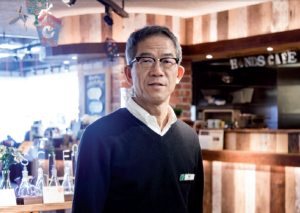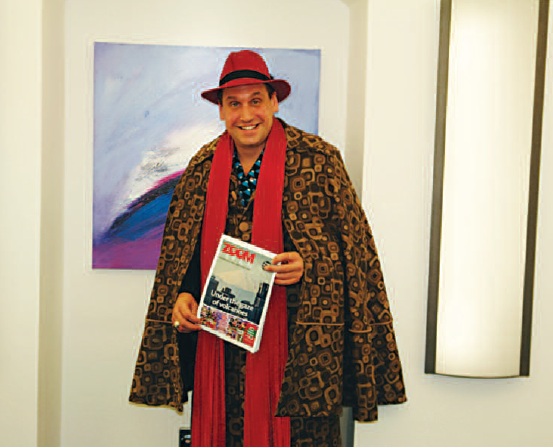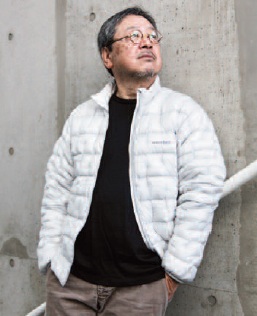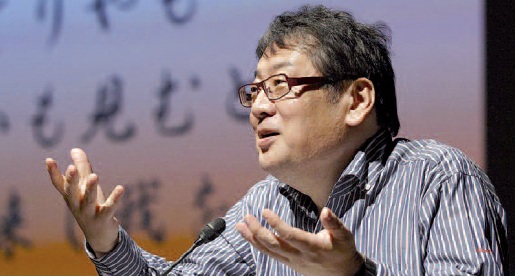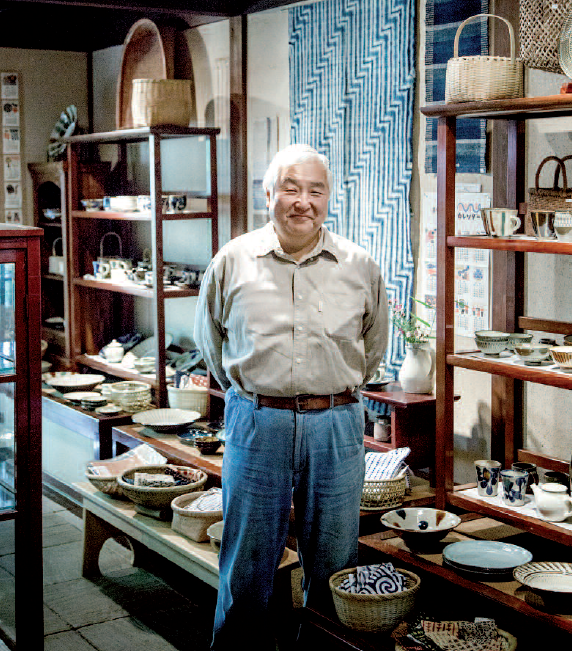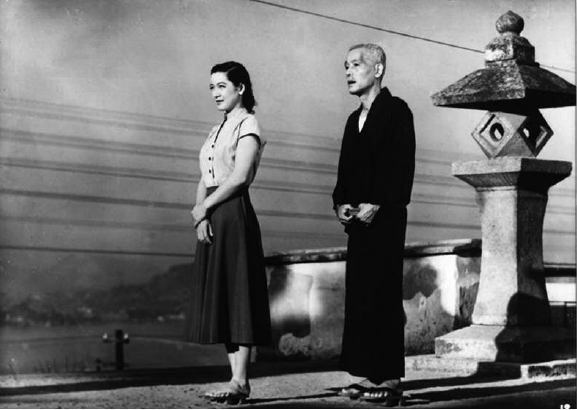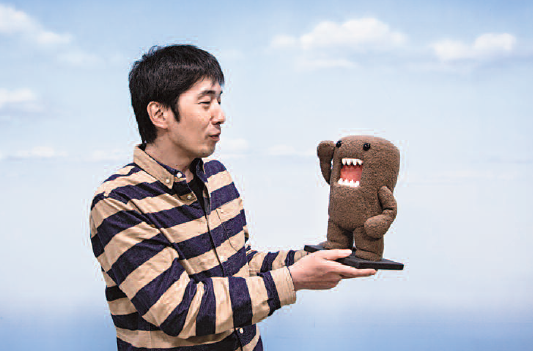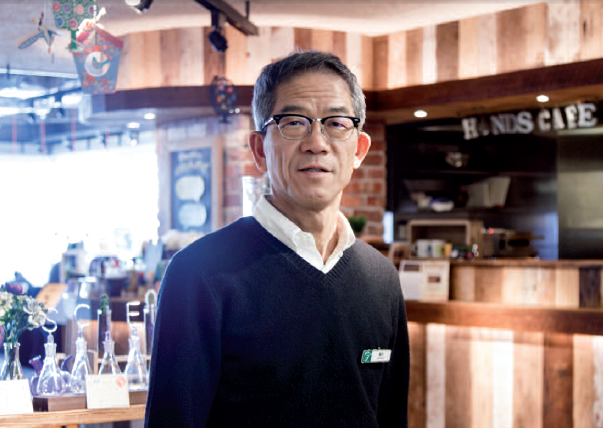
Tokyu Hands’ success can be explained by the will to share expertise about the various products they sell.
Every working place needs its captain, even a store like Tokyu Hands whose system is based on collaboration, team work and employee feedback, and for the last 18 years Fukumoto Kazuhiro has steered its Shibuya branch through the market’s many changes. A 30-year veteran from Osaka, Fukumoto has divided his time between Tokyo and Hiroshima before becoming the manager of its flagship store. He talked to Zoom Japan about Tokyu Hands’ unique place in the retail world.
How many foreigners visit the Shibuya store?
Fukumoto Kazuhiro: Obviously it’s difficult to keep track of all the foreigners who visit Tokyu Hands as many of them come from China and Korea and are often indistinguishable from the Japanese, but if we only consider the people who have actually purchased something, in the last six months we have had about 6,000 foreign customers, with a sharp increase in the last 3-4 months. Tourists from many Asian countries can now come to Japan without a visa. As a consequence we have seen more and more people from the South East.
What are they mainly interested in?
F. K.: Tourists traditionally buy postcards and other small souvenirs, or those unique goods they can only find in Japan, but recently we have been selling many bags and suitcases. I’m not sure why they are so popular, as many of them are made in other countries. It might be that they come with a small suitcase and when it’s time to go home they realize they don’t have enough space to carry all the things they have bought here (laughs)!
Why do you think Tokyu Hands is so popular?
F. K.: I think it’s because we are unique. You would be hard pressed to find another store like Tokyu Hands. First of all we don’t limit ourselves to a single genre. From home maintenance and decoration to stationery, toys and beauty-related products, we sell stuff you don’t usually find under one roof. Also, and maybe most importantly, we have the knowhow. Our staff are always ready to help and offer ideas and advice
What is the staff’s expertise based on?
F. K.:We have a so-called “Hint House” where we periodically test the products. But most of all, this is a hands-on job, which means all the people involved, from the store clerks to the manager, personally use the products we have on sale in order to find out more about their qualities and faults. Even myself, I’m getting old and losing hair, so I tried several shampoos in order to find one that worked well for me. All this information is shared with other people through study meetings in which we discuss the best way to introduce each product to our customers. So you could say that our expertise comes from our personal needs and interests, and a willingness to understand how things work.
You have worked at Tokyu Hands for 30 years now, the last 18 as the store manager. How has your job changed during this time?
F. K.: In the past we had a decentralized system in which each local branch was responsible for acquiring the products they deemed good enough to be sold. This meant that different branches sometimes sold different things. It was a very inefficient way to run the store, so the central office was put in charge of this task. Another related point is that in the past we tried to carry every possible kind and brand of a certain product and let people choose, but we now think that it’s much better to narrow down the customer’s choice to only the things we really believe are good.
Has the typical customer changed over time?
F. K.: Tokyu Hands has always attracted many people who are into making things by hand, and even now we stock a huge number of tools and materials. Those customers have decreased with time, as more and more people prefer to buy finished products. However, in the last 2-3 years we have noticed a sort of renaissance of the DIY department. Another interesting thing about our store is that though Shibuya is an overwhelmingly young neighbourhood, our clientele has aged with us so we have a sizeable percentage of older customers. I think this is mainly a matter of priorities, as Japanese youth now prefer to spend their money on video games and smart phones. On the other hand, people who were busy working and raising a family in the past now at last have the time to pursue their hobbies and passions.
What is Tokyu Hands’ philosophy?
F. K.: Tokyu Hands is Tokyu Hands because we are different from any other store but I know that this slogan doesn’t make much sense and being unable to sum up what we do with a simple word or catchphrase is bad for our business, so let’s say our goal is to “make life more fun”. We have developed a “consulting sales” system through which we advise our customers on the best ways to use a certain product. People can now get any kind of information from the Internet and we even have an online shop so you don’t really have to leave your house in order to get what you want, but we still believe that the best way to get the most from your shopping experience is to come to our store, actually touch the product and take advantage of our knowledge and expertise.
Can you tell me some of the more popular products in the last 30 years?
F. K.: There were many, but I particularly remember some health-related products, such as a cushion for lightly massaging your lower back that you could only find at Tokyu Hands, or the famous “Billy’s Bootcamp” exercise videos, which were a real sensation in 2007. More recently we have sold a lot of erasable pens and kitchen goods. A hit with women has been the so called Yubisaki (fingertips) Tongs that are smaller than the common variety and easier to use, while our aging male customers like a special shampoo which slows down hair loss.
How about the future? What kind of products may become the next hit?
F. K.: Earlier I mentioned that our customers are getting older, and obviously their age is going to affect their purchasing choices. In this respect health-related goods will become more and more popular. Care for the elderly is also becoming a pressing necessity, so last year we carried some care assistance robots on an experimental basis.
Interview by G.S.
Photo: Jérémie Souteyrat

